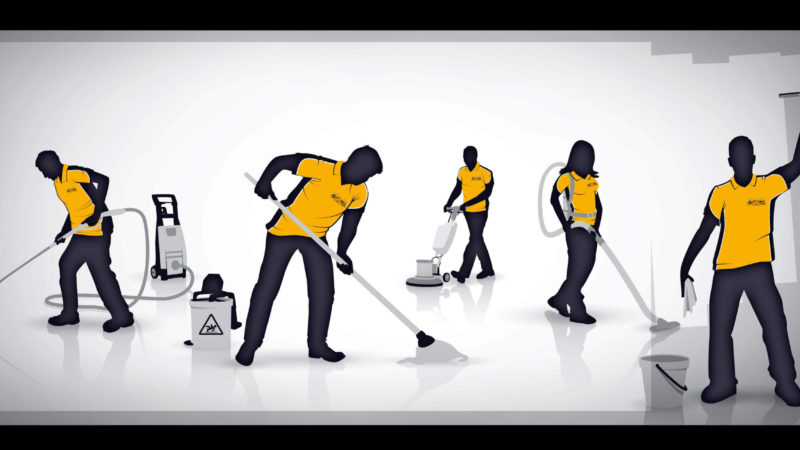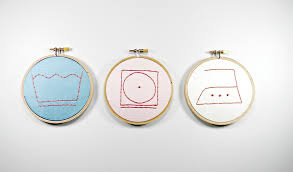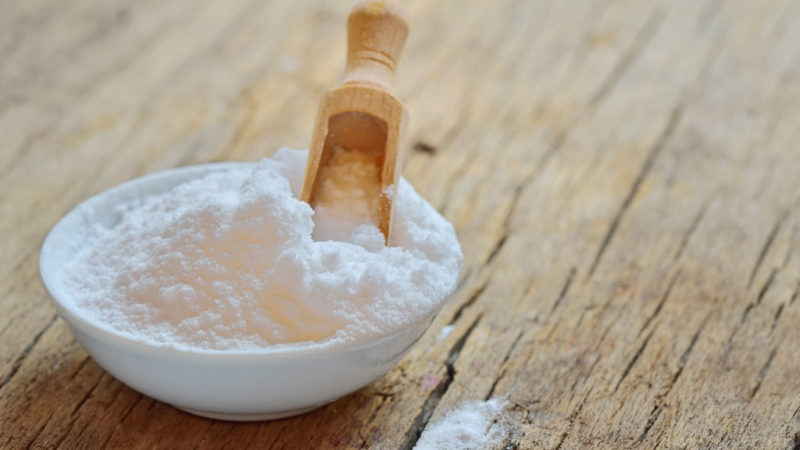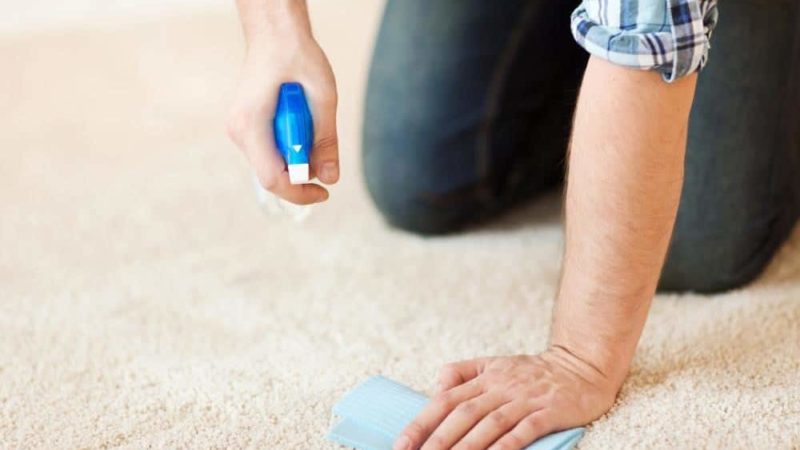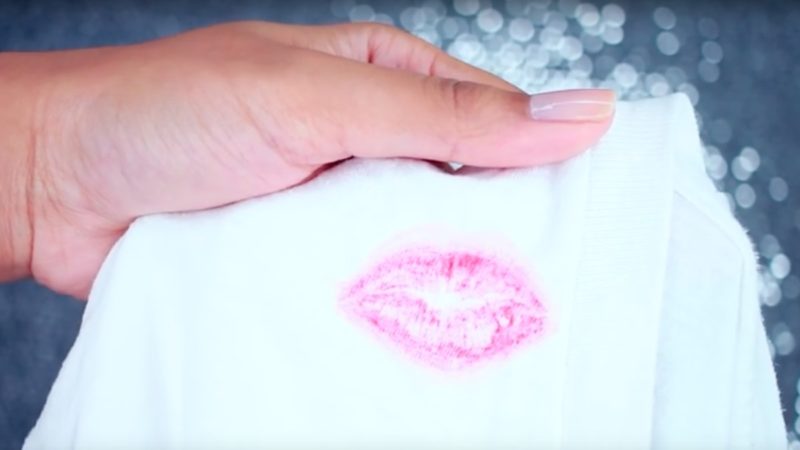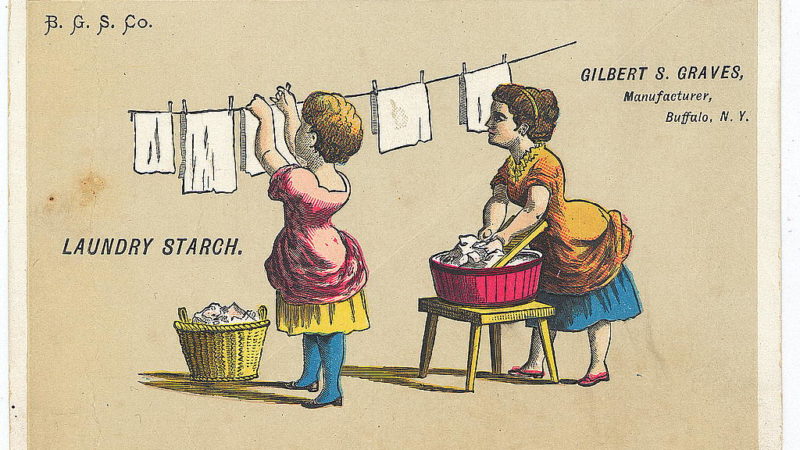Antibacterial VS. Regular Cleaners
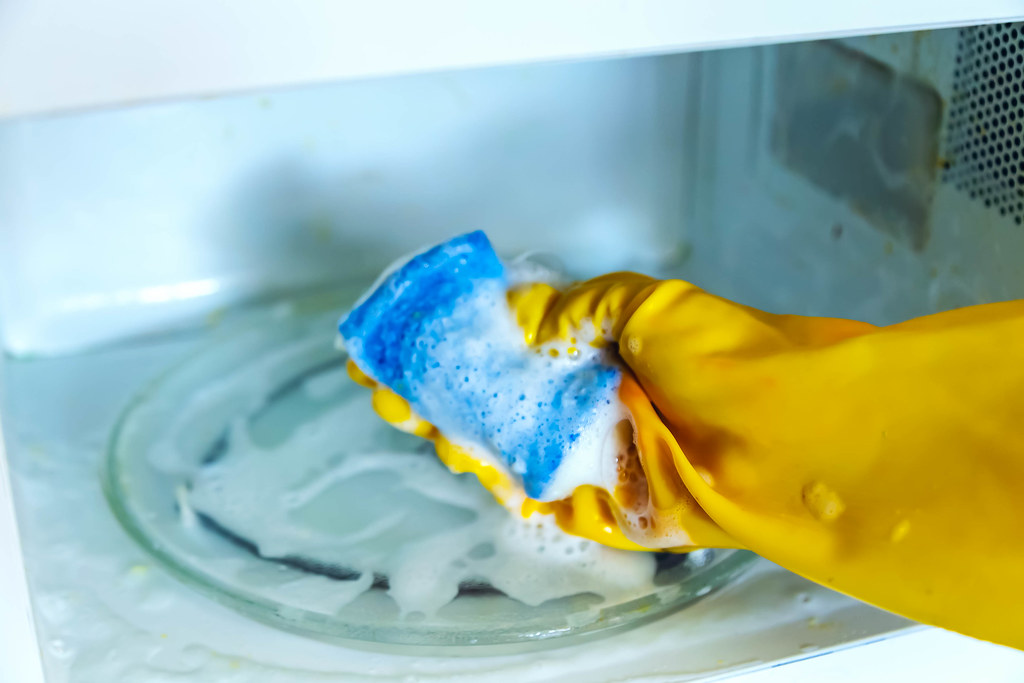
What are the antibacterial cleaners? There are numerous cleaning products available in the market. Some are able to clean up the surface without causing damage to it.
However, there are some cleaning products that are not able to do that. These are known as harmful chemicals, and these should be avoided.
So, it is important to know what are antibacterial cleaners and what are the ways on how to make use of these. We intend to put some light on this.
BENEFITS OF ANTIBACTERIAL SOAP
Antibacterial cleaners are designed to prevent germs from getting into surfaces through the use of chemicals.
These chemicals are used to help get rid of any harmful organisms that might come into contact with the surface, such as bacteria, viruses, fungi, etc.
One important thing to remember is that these chemicals should be thoroughly cleaned up after any cleaning.
This is because if the chemicals were not properly cleaned up through the use of antibacterial products, there might be a negative impact on the surface of the material.
BENEFITS OF SURFACE CLEANING
Some things that can be done for cleaning up are using warm water, stirring, and scrubbing the surface.
Another way on how to clean up is by using a vinegar solution, which is also known as the bleach.
This is known to clean the surface completely. However, be careful when using bleach.
Some people find it to be too harsh on the surface, which can cause blemishes and scratches.
ANTIBIOTIC VS. ANTIBACTERIAL CLEANERS
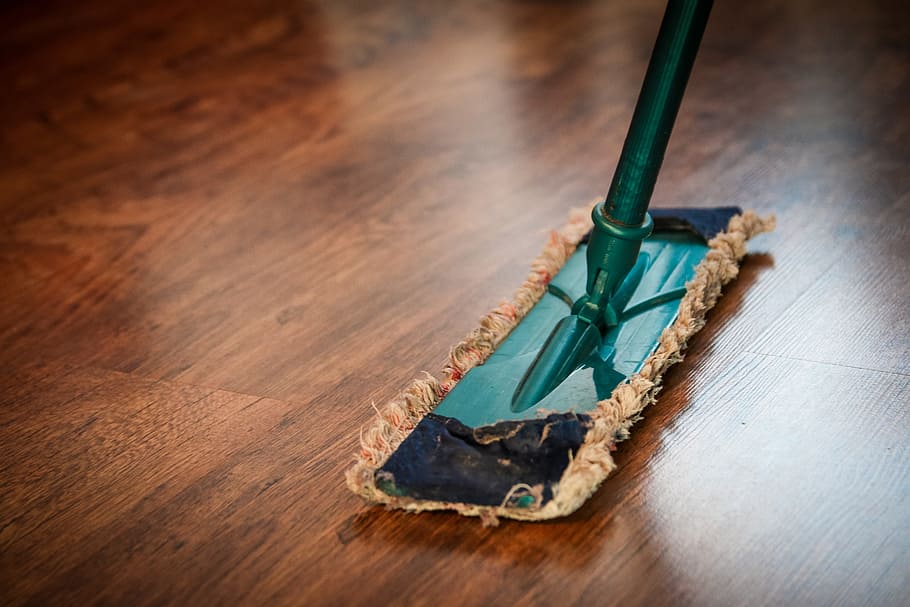
Do you know the difference between antibacterial ad antibiotic cleaners?
Antibiotics can help to cure a number of different types of bacteria and are generally used in combination with antibacterial cleaners.
However, there are some advantages to using a drug-based cleaner over an antibacterial one.
When using an antibacterial cleaner, it is important to use a non-acidic product and a mild one at that.
If you add an acid-based product to the mix, the antibacterial cleaner will react in a negative way and kill the antibiotics being used, leaving you with an infection.
- More Effective Antibacterial Cleaners
Antibacterial cleaners do not need to be avoided completely, though; it is possible to use them in the right way.
It is common for people to add a chemical agent onto the water to disinfect it. If this is performed correctly, it can be far more effective than simply boiling the water.
- Acid-Based Products
People often add an acid-like substance onto the water to get a better result, and it is often best to avoid this if you can.
Acid-based products tend to react with the ingredients in your antibacterial cleaning agent, causing it to change form to something that can cause you further problems.
It is a lot easier to clean a surface that is already clean. Always remember that antibacterial cleaners are much more effective if they are used in the correct way, by boiling water or adding a solution to the water and not by adding any chemicals.
WARNING
Using a chemical will only make matters worse.
IS ANTIBACTERIAL SOAP BAD TO USE?
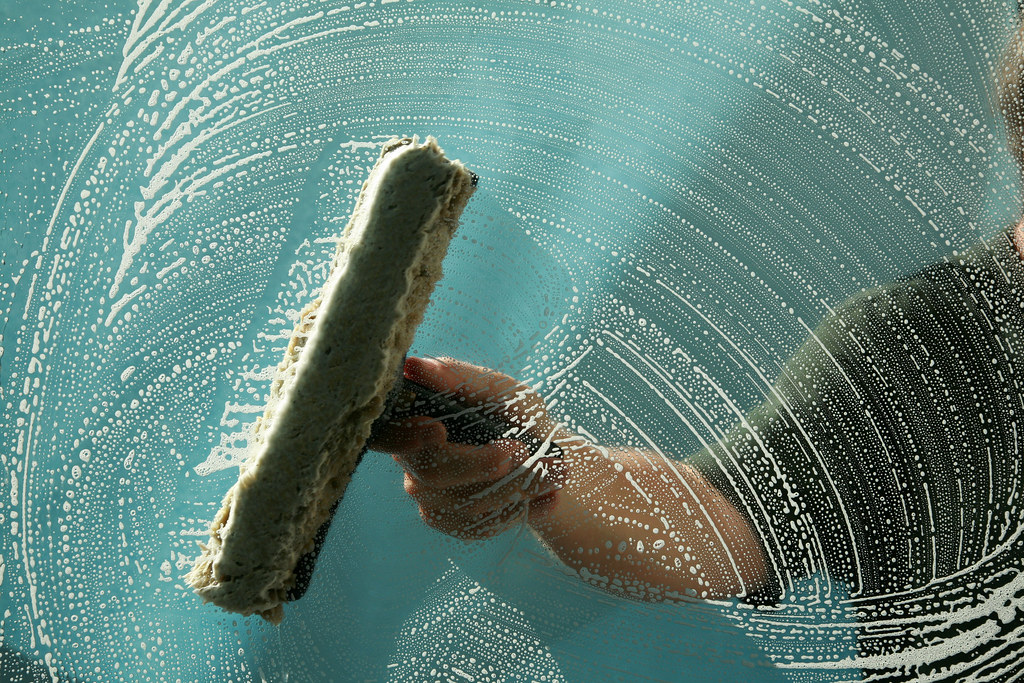
When we say antibacterial soap is antibacterial soap bad to use or is overuse of antibacterial soap is hazardous?
When asked this question, many people would have a very hard time answering this question.
The biggest problem is the fear factor and the way it is presented.
The question is not about the soap or antibacterial detergent but rather the belief of many people.
With this belief comes their fear of using antibacterial detergent or soap, to wash their hands, and other things that are related to bacteria.
I’m going to share with you how to answer this question.
- Nominal Soap Usage to Kill Bacteria
First of all, when asking the question, is the overuse of antibacterial soap bad, it’s not about the soap or any soap in general, it’s about using soap to help with preventing diseases and infections.
So, let’s talk about soap. Soap doesn’t remove bacteria or germs from your hands.
It just cleans the skin. It will not kill the bacteria or germs, but it will help to prevent the spread of bacteria. Now, let’s talk about bacteria and germs.
- The Answer is a NO
Take a look at what you put on your hands and then ask yourself is antibacterial soap bad to use? The answer is no.
What many people don’t realize is that their hands can be full of bacteria or germs right from the moment they wake up until they go to bed.
So, the next time you take off your dirty clothing, keep in mind the fear factor.
CONS OF ANTIBACTERIAL CLEANERS
The advantages of antibacterial cleaners are many. Many of us use antibacterial products on a daily basis.
We all have heard the statistics of how many outbreaks of acne you could have if you used antibacterial cleaners on your face each day.
Antibacterial cleaners are also great for getting rid of the surface dirt and debris that are on our skin.
- Disadvantage Related to the Lack of Knowledge
There are some cons of antibacterial cleaners as well. Most of these disadvantages can be attributed to a lack of knowledge.
Not everyone does know what it is like to use these cleaners, so they are not truly aware of the advantages of antibacterial cleaners.
They are just ignorant of what advantages there are. This is why they do not know about the advantages of antibacterial cleaners and why they prefer not to use them.
Most people also tend to be afraid of what they do not understand. This causes them to not use any antibacterial products at all.
- Disadvantage Related to Uneducated Opinion
All of us are different, and this applies to how we clean everything around us.
It does not mean that we should limit ourselves to the common way of cleaning, the antibacterial cleaners.
They are not the only way to clean the surfaces, and if you do not clean yourself properly, you could end up with some nasty and embarrassing infections.
The disadvantage of antibacterial cleaners is that they are not strong enough to remove the buildup of dirt on any of the surfaces.
You must follow some safety precautions to prevent further infections.
ALL PURPOSE CLEANER VS DISINFECTANT
The all purpose cleaner VS disinfectant debate has been raging for years. With so many different kinds of cleaners and disinfectants available, it can be difficult to know which one is best for your type of stains.
Many times, the only real solution is trial and error. There are some of the things that you can do to make sure that you choose the correct kind of cleaner for your stains.
In addition, there are ways to avoid the use of all-purpose cleaners versus disinfectants when cleaning up stains from dishes and clothing.
- Bleach & Water-Based Disinfectants
The first of the things you should consider when choosing between the use of bleach and water-based disinfectants.
Bleach is an excellent cleaner, but it can actually cause damage if it is used improperly. Before using bleach, make sure that you have the appropriate supplies on hand in case you need to use it.
Bleach and most other cleaners for dishes should not be used on linens. Bleach can also cause allergies in those who are sensitive to it.
If you want to use bleach, try using it on stains that are easily removed, such as oil spills.
Additionally, it is best to use bleach sparingly on delicate fabrics and textiles, such as on crepe paper.
- Comparison Based on Ratings
The second way you can reduce the use of all purpose cleaner VS disinfectant is to use the right kind of cleaners on the foods and other items that you clean.
Look for those with a good rating. A high rating means that the product has had a lot of time to prove its strength against the kinds of stains that are common on most food and beverage items.
If you keep this in mind, you will find that using disinfectants for food and drink items is more than a simple convenience.
If there is anything you know about antibacterial cleaners, that we have not covered in the article, please let us know.
READ MORE

